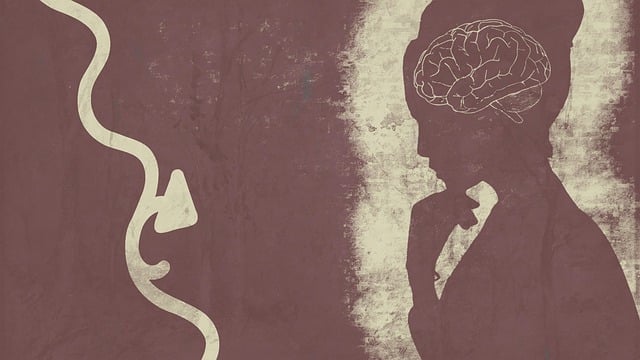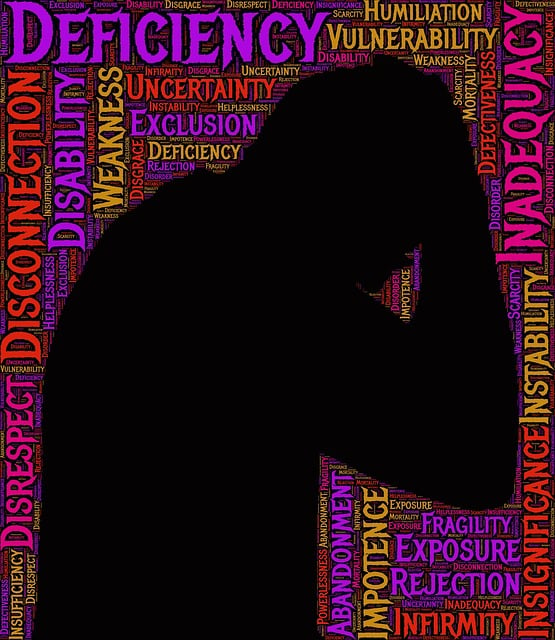Depression significantly impacts daily life and well-being, with early signs often including interpersonal issues. Effective prevention and management involve Social Skills Training and emotional well-being promotion techniques, leading to better treatment outcomes. Cognitive Behavioral Therapy (CBT) is a proven path to recovery for adults dealing with interpersonal problems, targeting negative thought patterns and behaviors. Building resilience through risk assessment and personalized plans equips individuals to confront challenges. A strong support network, including meaningful conversations and community engagement, provides emotional regulation and stigma reduction. Healthy lifestyle choices, such as balanced nutrition and regular exercise, coupled with therapy tailored to address interpersonal issues, significantly aid in developing coping skills.
Depression is a prevalent yet often overlooked mental health challenge. Recognizing its subtle signs and taking proactive steps can be life-changing. This article guides you through a comprehensive approach to depression prevention, offering insights into various strategies that cater to different aspects of your life. From understanding the red flags to exploring effective therapy for adults with interpersonal issues, building a supportive network, adopting healthy lifestyle changes, and learning valuable coping mechanisms, these techniques empower individuals to take charge of their mental well-being.
- Understanding Depression: Recognizing Red Flags and Early Signs
- The Role of Therapy: Effective Treatments for Adult Interpersonal Issues
- Building a Supportive Network: Social Connections and Community Resources
- Lifestyle Changes for Mental Well-being: Diet, Exercise, and Sleep Hygiene
- Coping Strategies: Managing Stress, Anxiety, and Negative Thoughts
Understanding Depression: Recognizing Red Flags and Early Signs

Depression is a complex mental health condition that can significantly impact an individual’s daily life and overall well-being. Recognizing the red flags and early signs is crucial in preventing and managing this disorder. Many people struggle with depression silently, often overlooking the subtle changes in their mood, thoughts, and behaviors. It’s essential to be aware of these indicators, as early intervention can lead to more effective treatment outcomes.
One of the key aspects in understanding depression is identifying interpersonal issues that may contribute to its development. Social Skills Training and Emotional Well-being Promotion Techniques can play a vital role in preventing and mitigating depression. By fostering healthier relationships and improving communication skills, individuals can build a strong support system, which is crucial for maintaining mental resilience. Additionally, promoting positive thinking and coping strategies can help individuals navigate stressful situations more effectively, reducing the risk of depressive episodes.
The Role of Therapy: Effective Treatments for Adult Interpersonal Issues

Many individuals struggling with depression find therapy to be a highly effective tool in their journey towards recovery and depression prevention strategies. When it comes to adult interpersonal issues, specific therapeutic approaches can make a significant difference. Cognitive Behavioral Therapy (CBT) is widely recognized for its success in treating depression and improving coping mechanisms. This evidence-based method focuses on identifying and modifying negative thought patterns and behaviors that contribute to low mood and interpersonal difficulties.
Incorporating resilience building techniques within therapy is another powerful strategy. Mental health professionals can guide individuals through risk assessment, helping them understand potential triggers and develop personalized plans for managing stress and difficult situations. By fostering resilience, individuals gain the tools to navigate interpersonal challenges more effectively, thereby reducing the likelihood of depression onset or recurrence.
Building a Supportive Network: Social Connections and Community Resources

Building a strong support network is vital for depression prevention and managing mental illness. Social connections provide individuals with a sense of belonging and purpose, which are fundamental to emotional regulation. Engaging in meaningful conversations, sharing experiences, and seeking therapy for adults dealing with interpersonal issues can foster understanding and reduce the stigma associated with mental health struggles. Community resources, such as support groups or public awareness campaigns development, offer safe spaces where people can connect, offer advice, and provide encouragement.
These networks serve as a crucial safety net during challenging times, helping to combat feelings of isolation. By actively participating in social activities, joining community organizations, or reaching out to friends and family, individuals can mitigate the risk of depression and enhance their overall well-being. Moreover, these support systems play a significant role in stigma reduction efforts by promoting public awareness campaigns that encourage open dialogue about mental health.
Lifestyle Changes for Mental Well-being: Diet, Exercise, and Sleep Hygiene

Maintaining a healthy lifestyle plays a pivotal role in preventing and managing depression. Nutrition is a key aspect; incorporating foods rich in omega-3 fatty acids, vitamins B and D, and magnesium can boost mood and brain health. A balanced diet, free from excessive sugar and processed foods, supports overall mental well-being.
Regular physical activity is another powerful tool against depression. Exercise releases endorphins, which act as natural mood boosters, and can reduce stress hormones. Aim for at least 30 minutes of moderate exercise most days of the week to promote better mental health. Along with diet and exercise, prioritizing sleep hygiene is essential. Adequate, quality sleep improves emotional regulation and cognitive function, so establish a relaxing bedtime routine and aim for 7-9 hours of uninterrupted sleep each night. These lifestyle changes, often supported by therapy for adults addressing interpersonal issues, can significantly contribute to coping skills development and mental illness stigma reduction efforts.
Coping Strategies: Managing Stress, Anxiety, and Negative Thoughts

Depression prevention strategies often involve addressing underlying issues that contribute to emotional distress. One effective approach is therapy for adults focusing on coping mechanisms, particularly when dealing with stress, anxiety, and negative thought patterns. By learning and practicing positive thinking techniques, individuals can rewire their mental processes, fostering a more optimistic outlook and enhanced self-esteem.
Interpersonal issues play a significant role in mental health. Social connections and support networks are crucial for maintaining emotional well-being. Through therapy, individuals can improve communication skills, build healthier relationships, and develop coping strategies to navigate interpersonal challenges. Self-esteem improvement is also a vital component of depression prevention, as building self-worth and confidence can bolster resilience against negative thoughts and feelings.
Preventing depression requires a multi-faceted approach. By understanding depression’s red flags and early signs, seeking therapy for adult interpersonal issues, building a robust support network, adopting healthy lifestyle changes like improved diet, exercise, and sleep hygiene, and utilizing effective coping strategies to manage stress, anxiety, and negative thoughts, individuals can significantly bolster their mental well-being. These strategies empower folks to navigate life’s challenges with resilience, fostering a more balanced and fulfilling existence.













